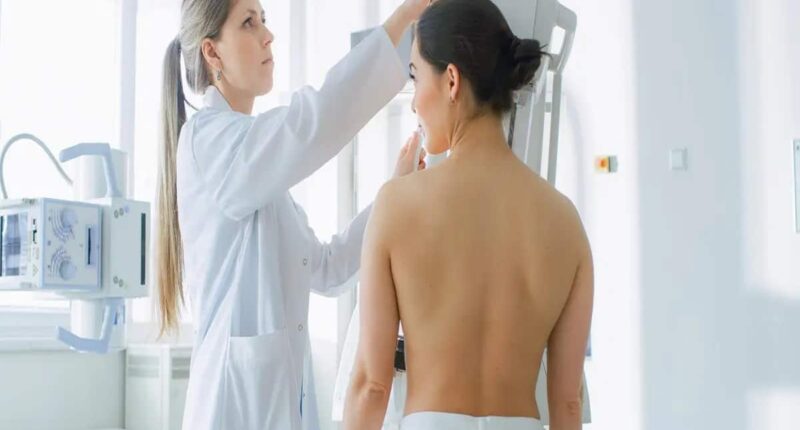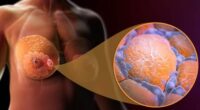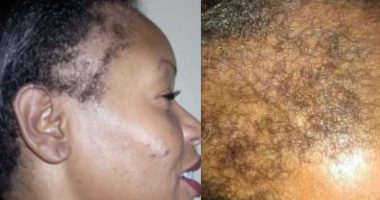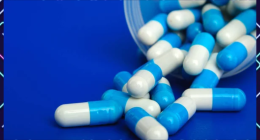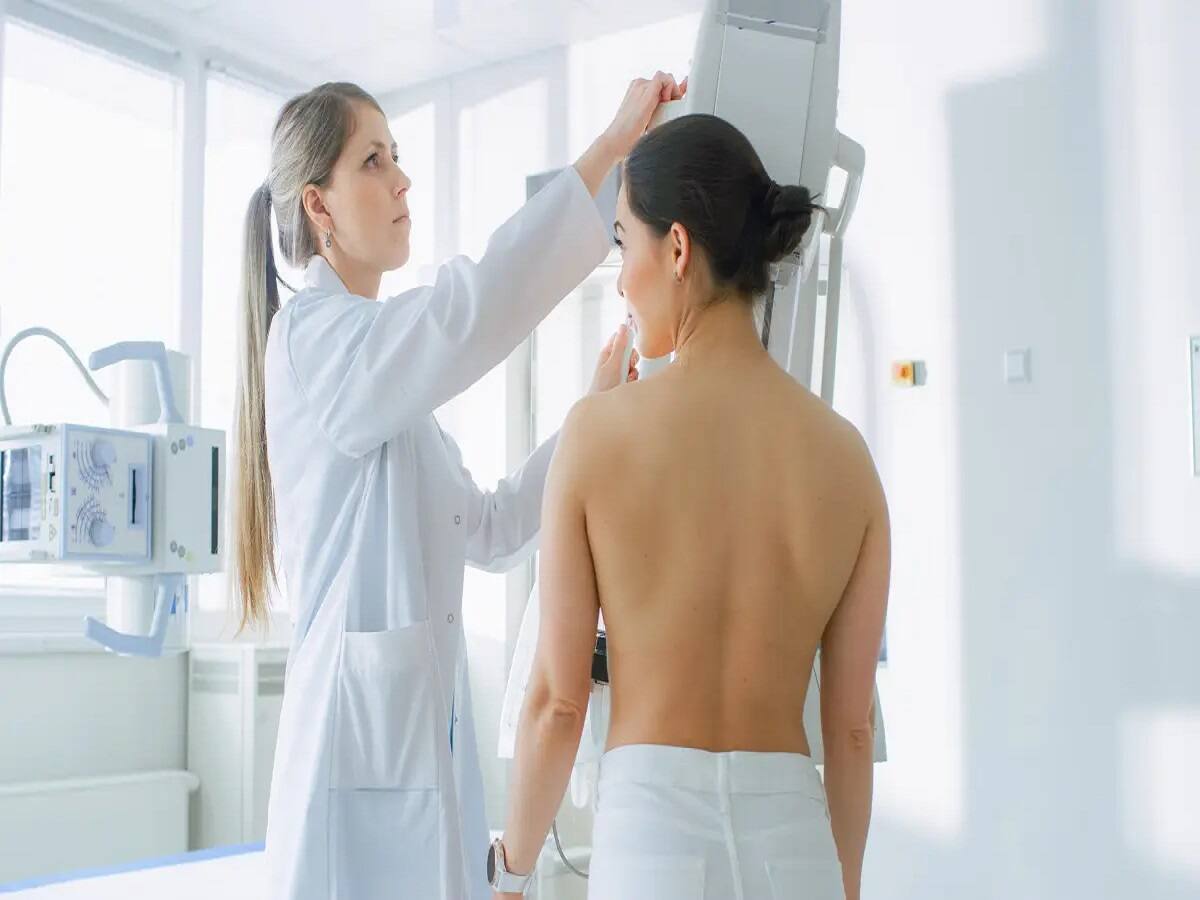 Breast cancer screening can help discover breast cancer early, when it is simpler to treat, even though it cannot prevent breast cancer.
Breast cancer screening can help discover breast cancer early, when it is simpler to treat, even though it cannot prevent breast cancer.
Breast cancer screening can help discover breast cancer early, when it is simpler to treat, even though it cannot prevent breast cancer. Dr. Niranjan Nayak, Zonal Technical Chief West, Apollo Diagnostics, answers our questions regarding the best breast cancer screening procedures for you and the best times to get them nowadays.
Why Should I Do The Screening When Breast Cancer Won’t Happen To Me?
No woman should ever take the risk of thinking she won’t be affected by breast cancer. Although there are many different risk factors for breast cancer, there is always a possibility that it may develop around menopause, and the risk of breast cancer in women increases after menopause. Along with other things like drinking and smoking, which are known to be slightly connected with breast cancer, family history is also a significant risk.
Why Early Screening?
According to Dr. Niranjan Nayak, Apollo Diagnostics’ Zonal Technical Chief West, “In general, the suggested age to start screening for breast cancer in average-risk women would be anywhere from 40 to 50 years old.” “It’s crucial to let people know that the majority of professional associations do advocate starting screening at a later age than 40 either 45 or 50. Since it can be difficult to convince patients to wait until they are 50 years old when, to be honest, the majority of their peers are likely getting screened earlier, the majority of doctors are still starting on the earlier end of this spectrum, adds Dr. Niranjan Nayak, Zonal Technical Chief West, Apollo Diagnostics.
Different Screening Tests Are Available
There are various other screening tests, but mammography is the most popular one, according to Dr. Niranjan Nayak, Zonal Technical Chief West, Apollo Diagnostics. Breast magnetic resonance imaging and ultrasounds are further screening techniques. But for the majority of patients, we begin with mammograms, he added.
Don’t Hesitate To Talk To Your Doctor
While screening is advised for people between the ages of 40 and 50, he emphasised that if at any time you do notice something unusual, such as a lump or something strange on your skin, or if you experience pain or other symptoms that are out of the ordinary, you are no longer in the typical screening category. “As with all cancer screening, you should never be reluctant to bring up any symptoms that are found that are different from your doctor. Home Page
(This article is contributed by Dr Ashoka Varshini Panga, Corporate Pathologist, Apollo Diagnostics.)
